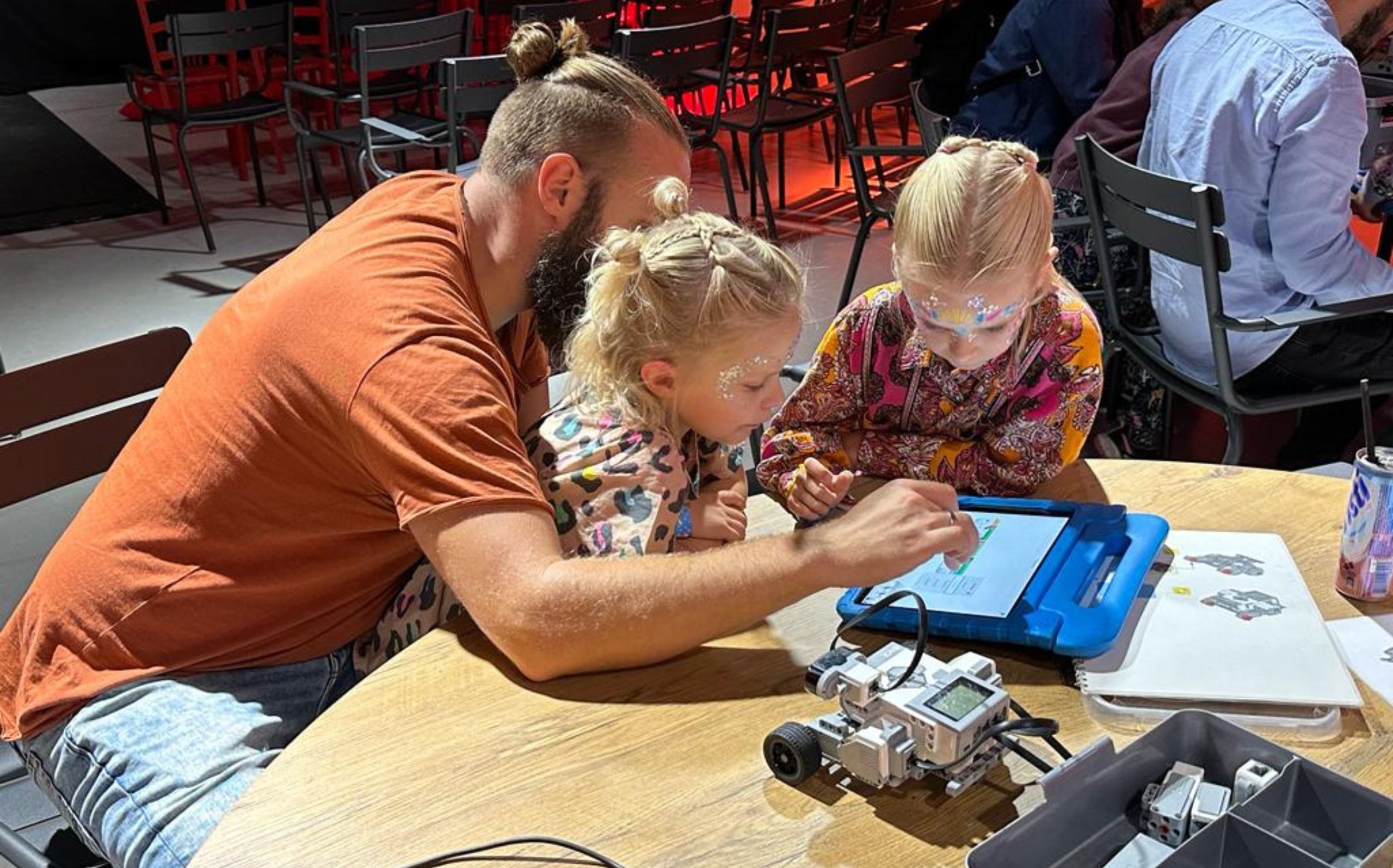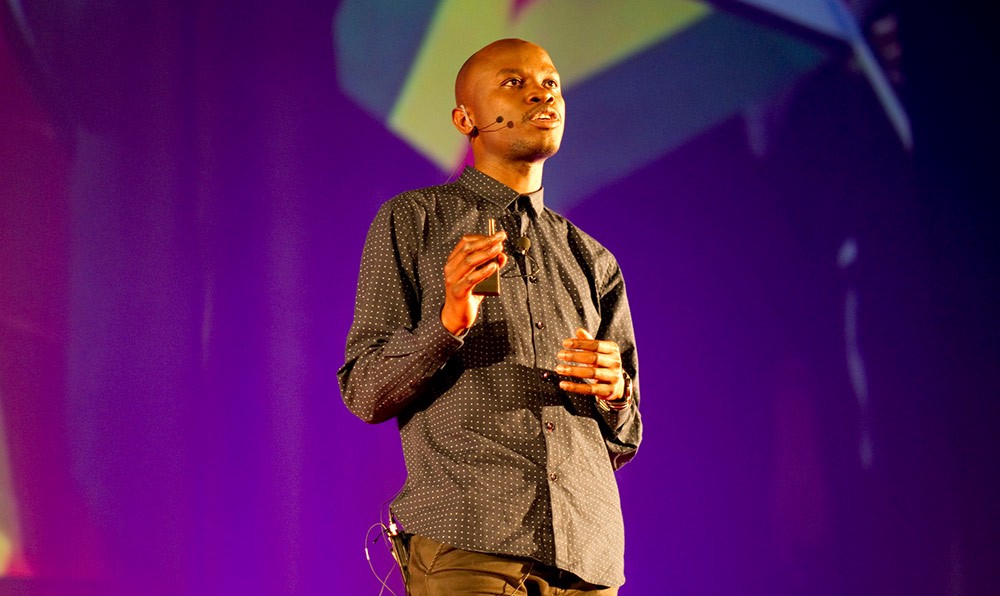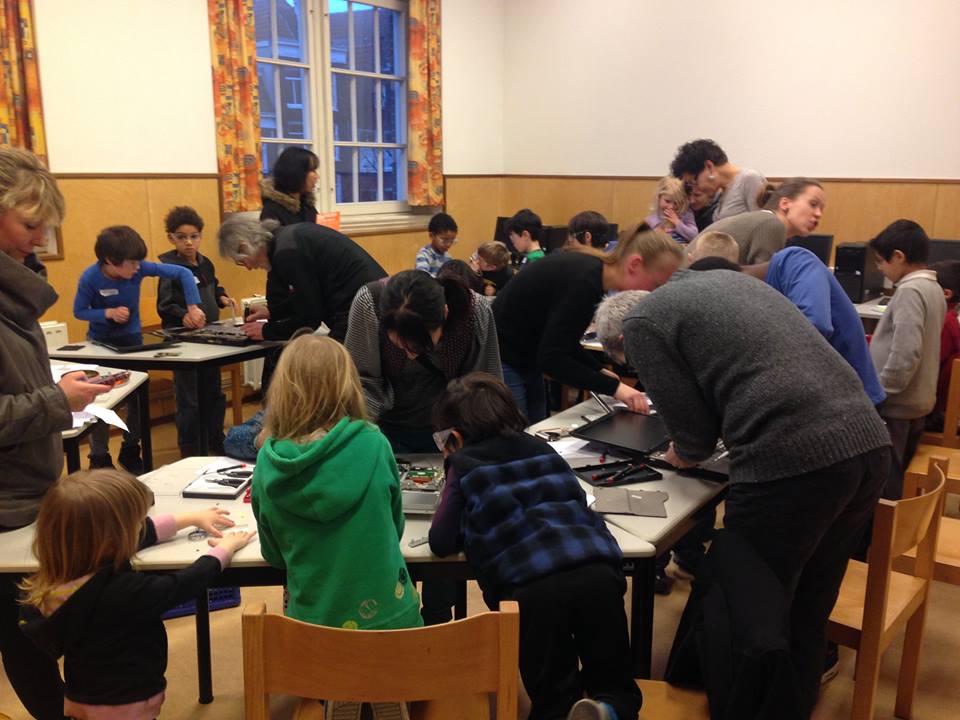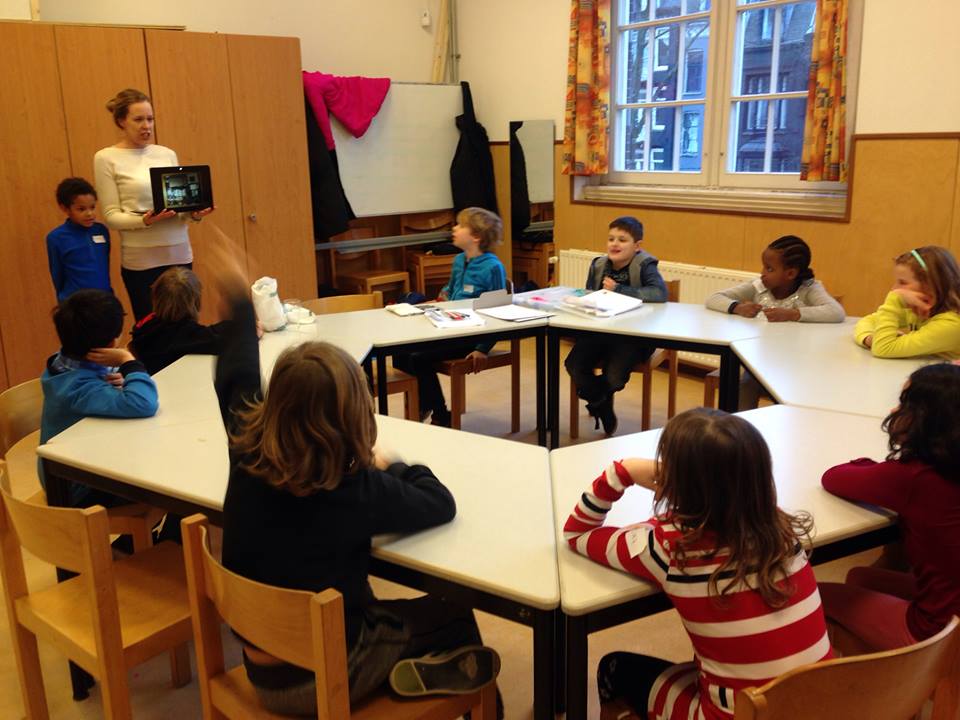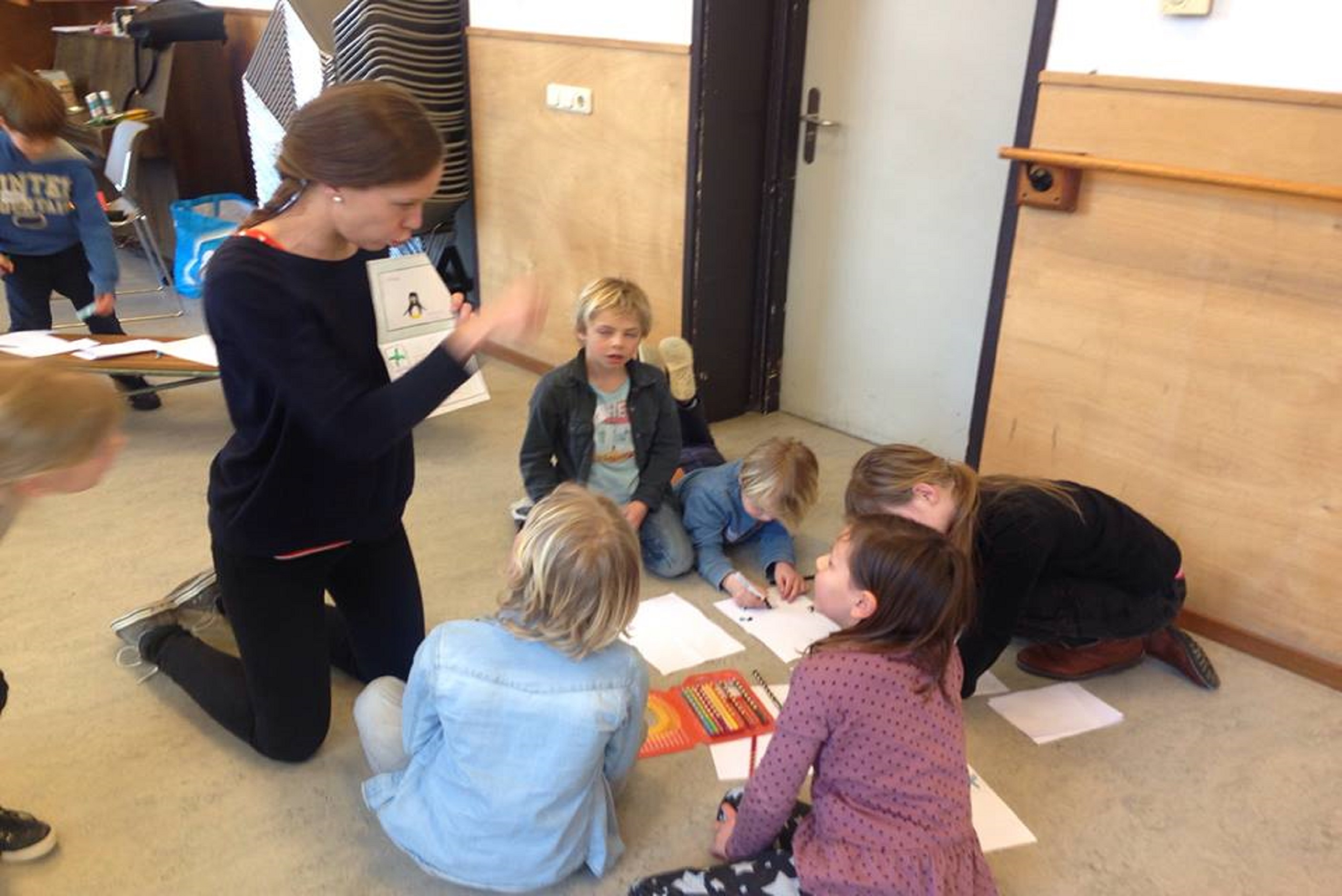NewTechKids has taught tech education and computer science classes for more than nine years and we've taught kids from all types of backgrounds with differing exposure to tech. Based on our observations, there are some key factors which increase the likelihood that kids will take an interest in tech beyond just using it and actually want to invent, create, make, experiment and prototype with it. These factors considerably increase the likelihood that they will choose
Read moremindset
Parents, teachers, school counsellors: technologists don't need computer science degrees. They can be self-taught. Some programmers, data scientists, AI and machine learning experts, especially those who don't have access to formal college and university programs, have taught themselves using free online resources, online courses and project-based learning. In this PreparationTech interview, Deborah Carter, NewTechKids' Founder and MD, interviews Babusi Nyoni, an African design strategist and innovator who is entirely self-taught. After graduating from high school
Read moreBeing able to learn constantly and apply knowledge and skills throughout one's life will be the key to achieving success in the 21st century. It also reflects a mindset which needs to be nurtured from a young age, especially for future innovators. But how do you get to this point. Turns out that there are tried and true effective learning and studying techniques which are backed by science. Unfortunately, most people aren't using them. Which
Read moreTen days left until NewTechKids' 'How to Raise a Tech Innovator' evening class for parents on January 30th. The class takes place from 19:00 - 21:00 at the central branch of the Amsterdam Public Library. Register now! We thought we'd share some interesting findings from the registration information provided by parents who will attend the class. 100%: parents of boys (The fact that no parents of girls have signed up for the class is unfortunate.
Read moreLike most technology education academies, NewTechKids struggles to attract equal numbers of girls and boys to our programs. There are a lot of reasons for this. Most of the time, parents don't even present computer science and programming activities as options for their daughters. They conclude that computer science 'isn’t a fit' for their daughters although it's often 'perfect' for their sons. Girls themselves have told us that learning about technology is hard and often
Read moreJoin Deborah Carter, NewTechKids' Co-founder, and Kitty Leering, one of NewTechKids' advisors, for a discussion of two important books: Carol Dweck's "Mindset: The New Psychology of Success" and Aldous Huxley's "Brave New World". Deborah will discuss the power of one's mindset, especially if it's a growth mindset. She'll discuss mindset in the context of NewTechKids technology education programs for primary school children and teacher training programs. The event is free. We'd love to hear your ideas
Read moreNewTechKids is happy to be featured in the January edition of PrimaOnderwijs, one of the Netherlands's leading magazines on education trends servicing school directors and teachers. The feature article focuses on our teacher training programs and how we prepare teachers to teach computer science, programming and technological literacy in the context of 21st century skills development: problem-solving, critical thinking, collaboration, creativity and communication. The article outlines NewTechKids' pedagogy, teaching approaches, classroom management strategies and our use
Read moreLast week, NewTechKids' co-founders attended the OECD Teaching and Learning International Survey (TALIS) Conference in Haarlem, the Netherlands. Hosted by the Dutch Ministry of Education, Culture and Science, the conference brought together Dutch and international teachers, school leaders, researchers, policy makers and government representatives. They shared the results of TALIS (a large-scale international survey involving 33 countries) and discussed new strategies for improving the professional development of teachers and the learning environments in schools. The
Read more